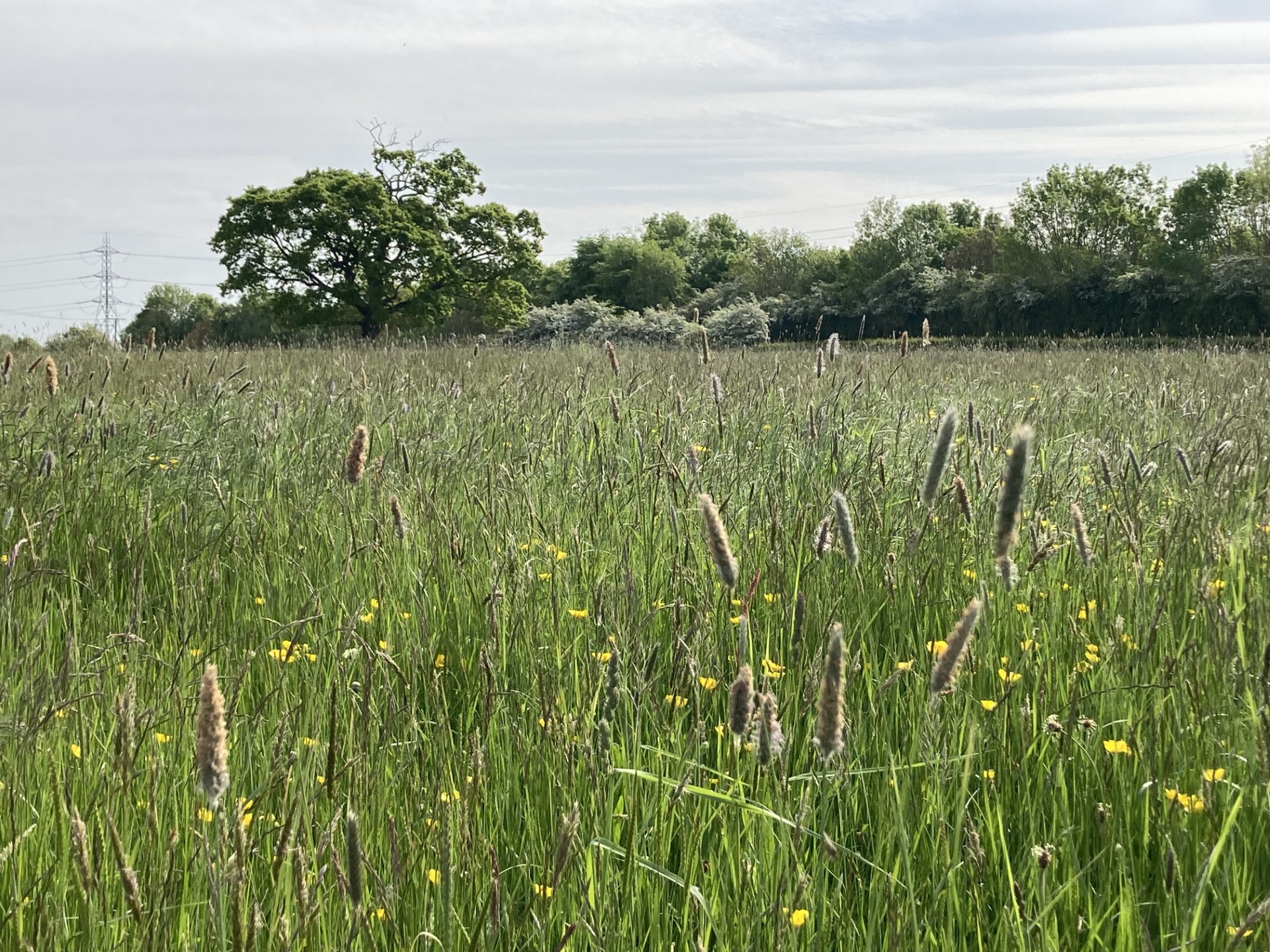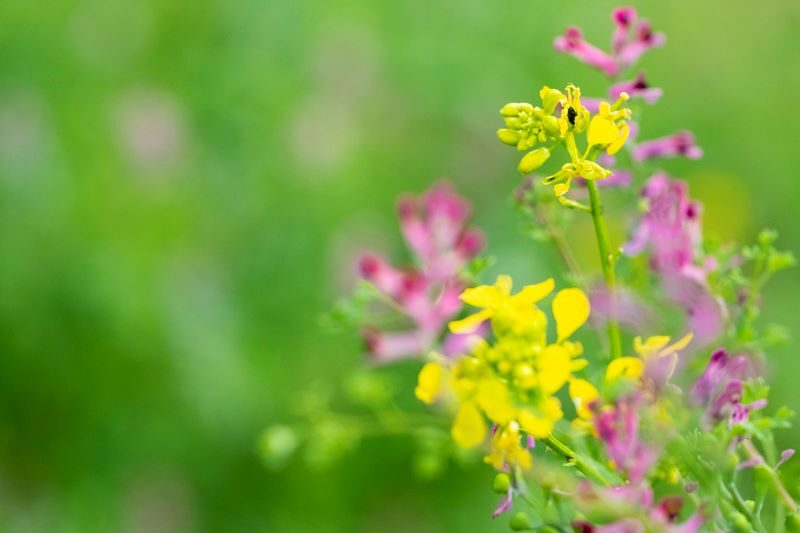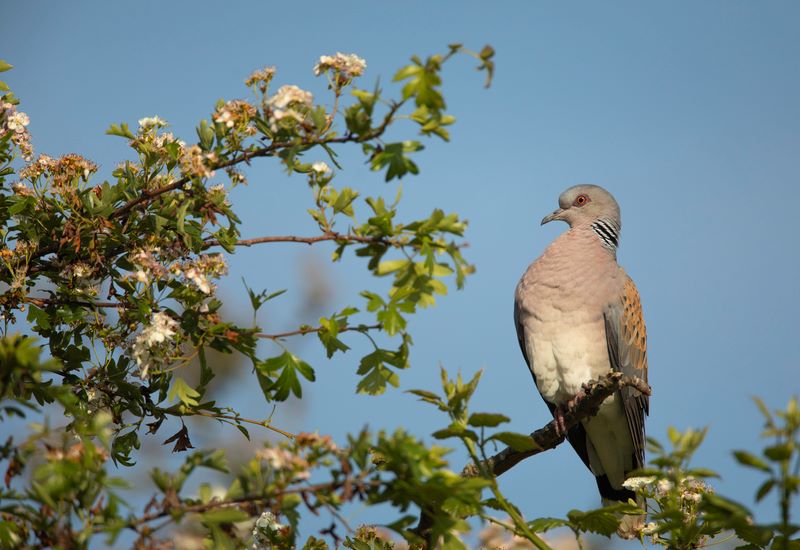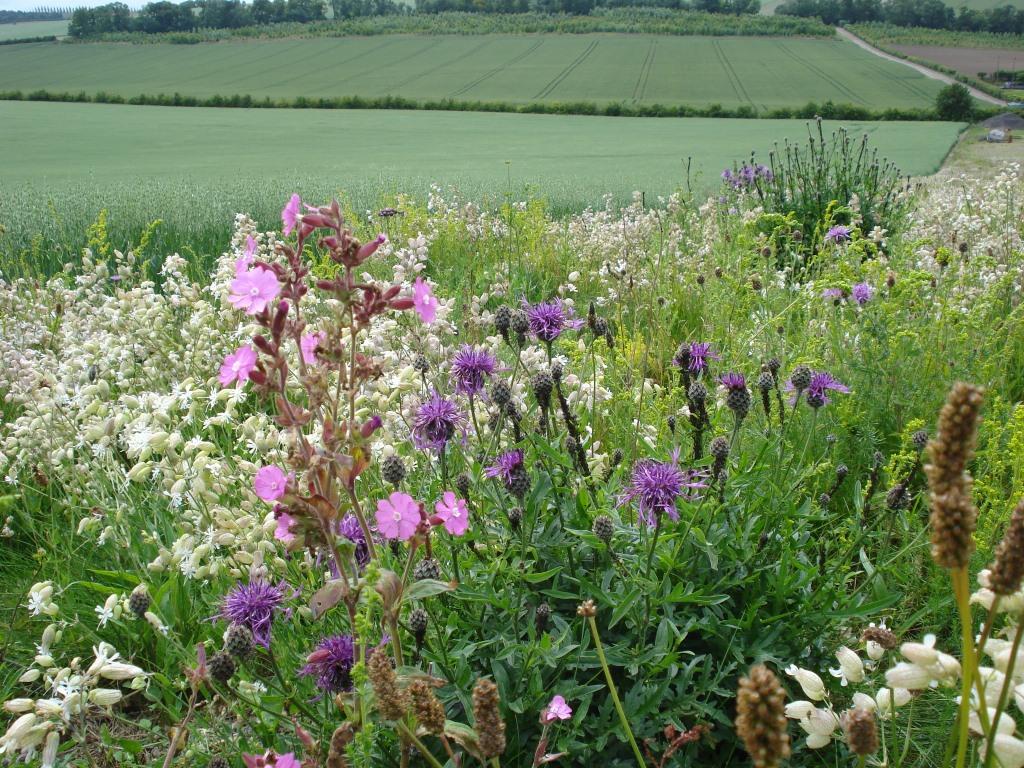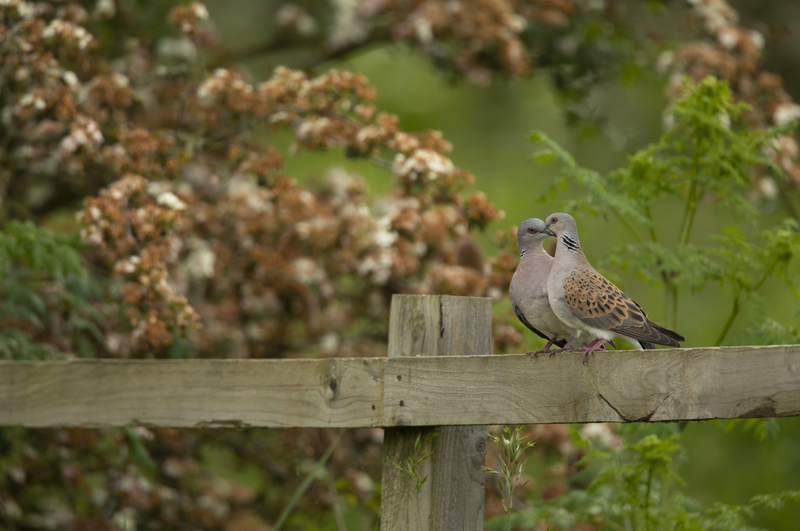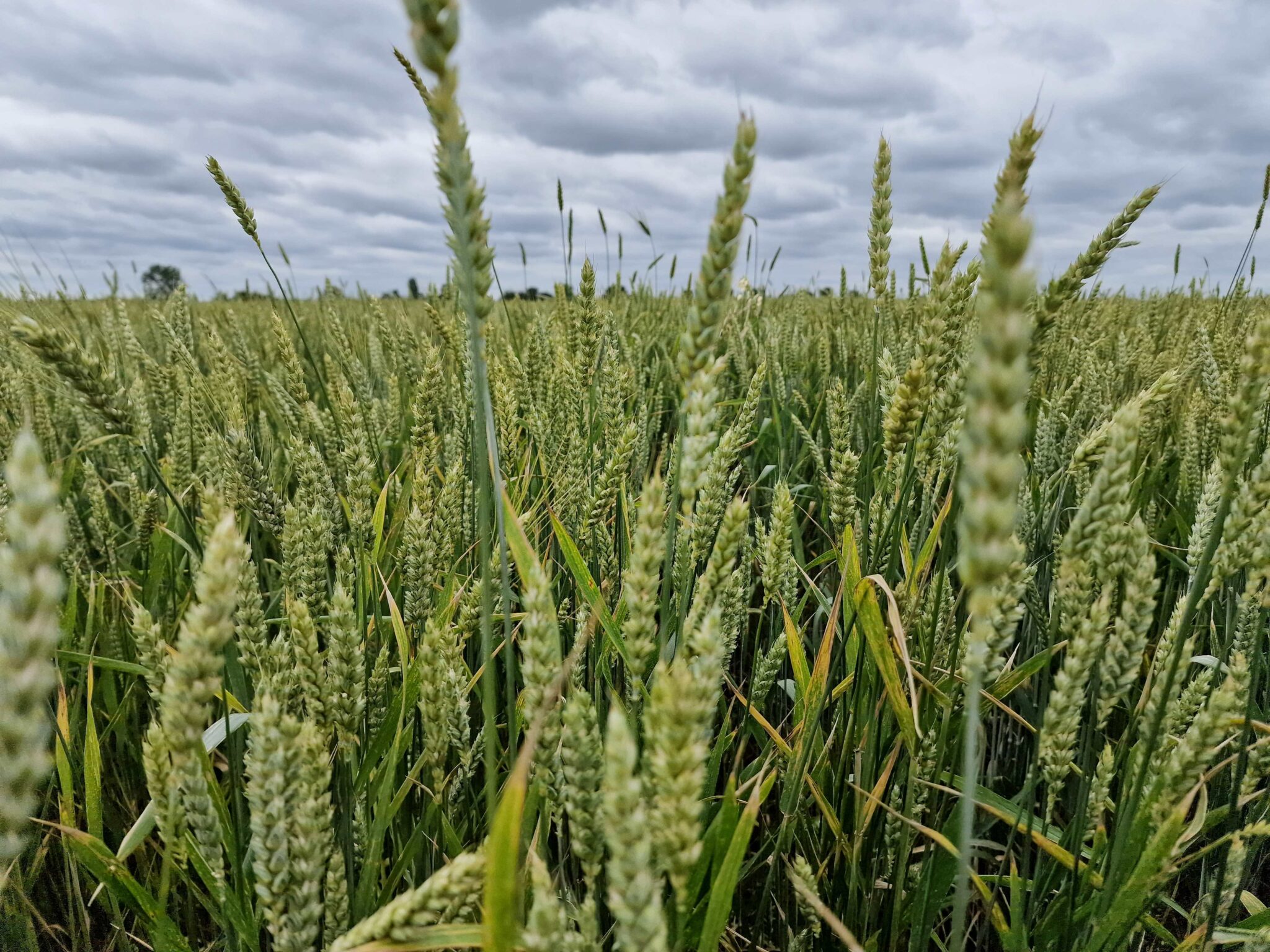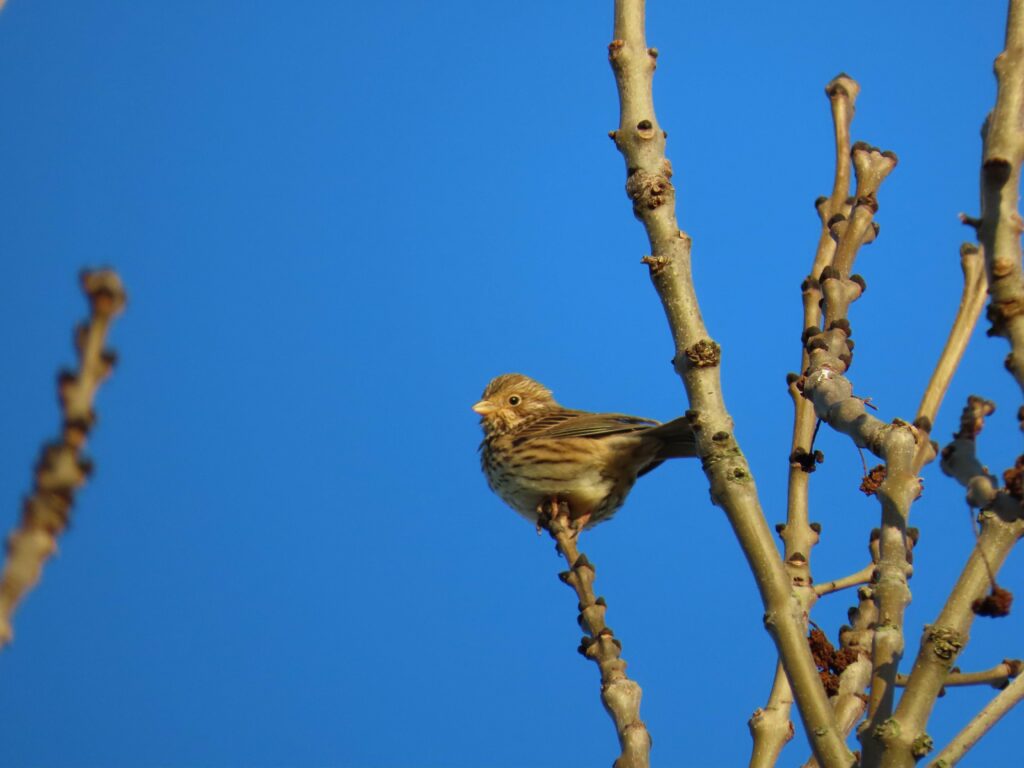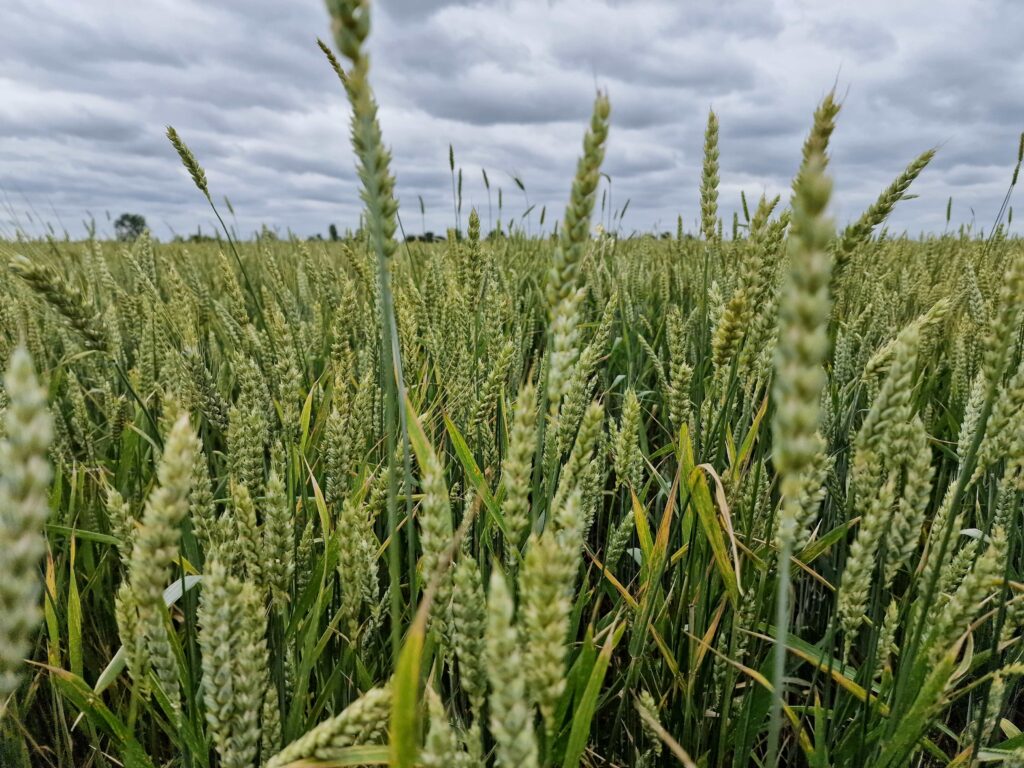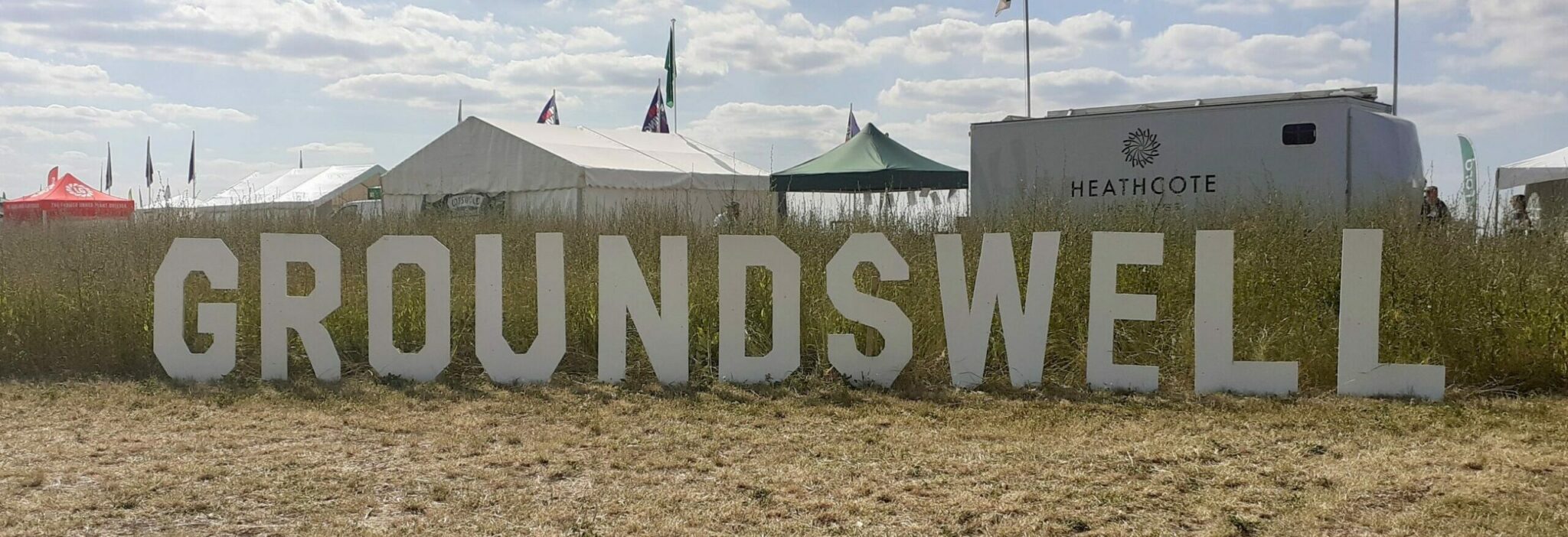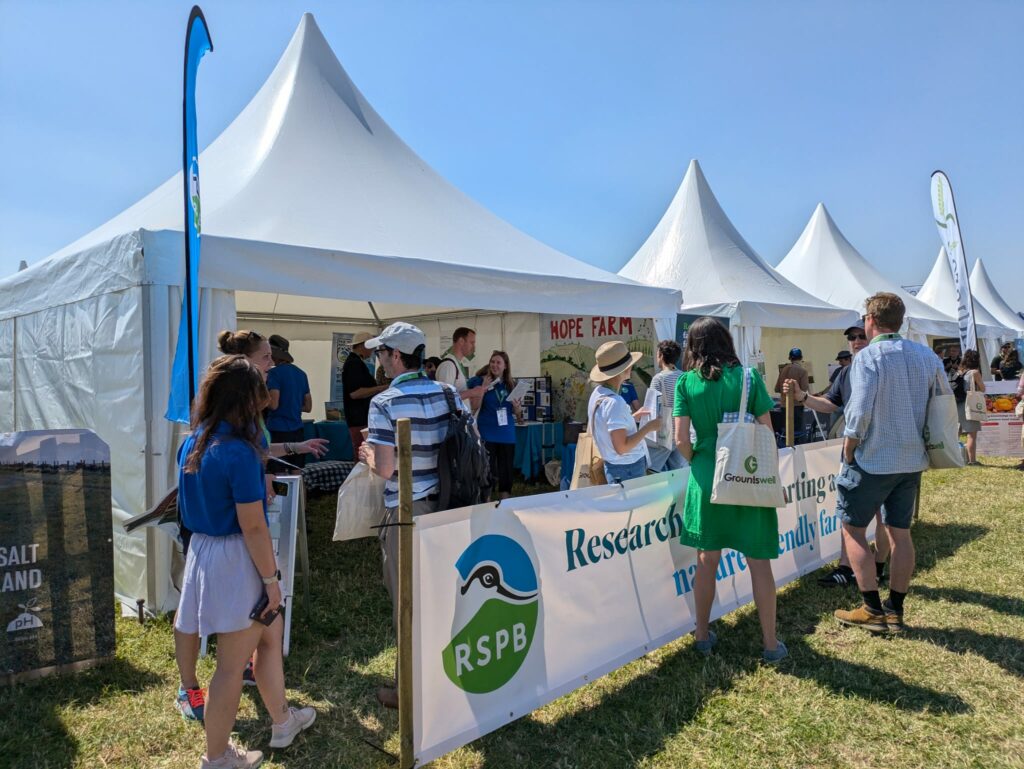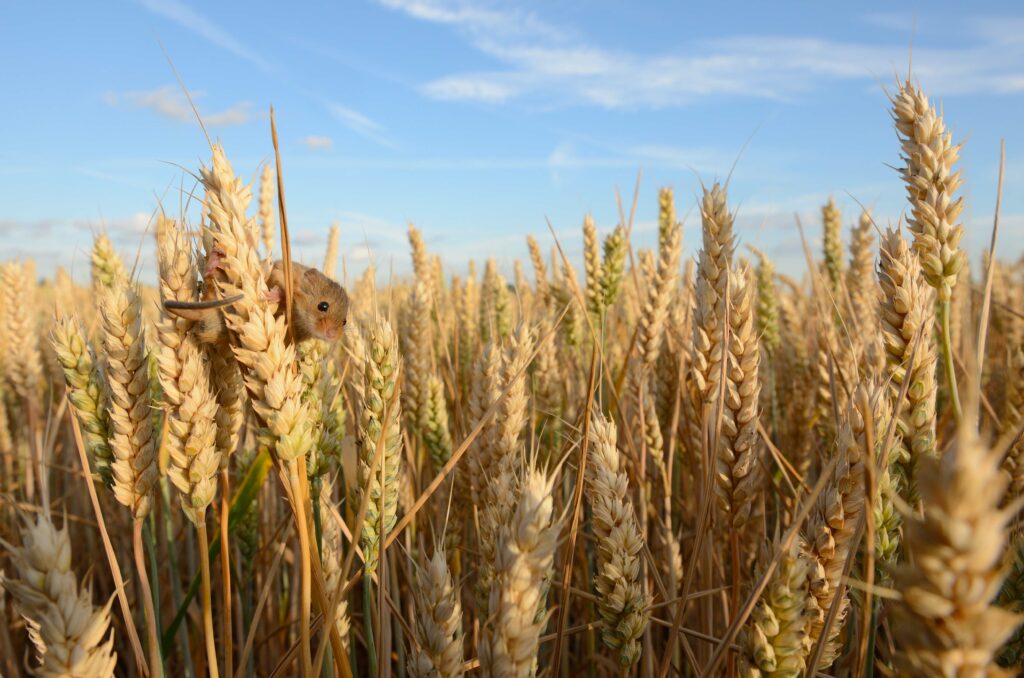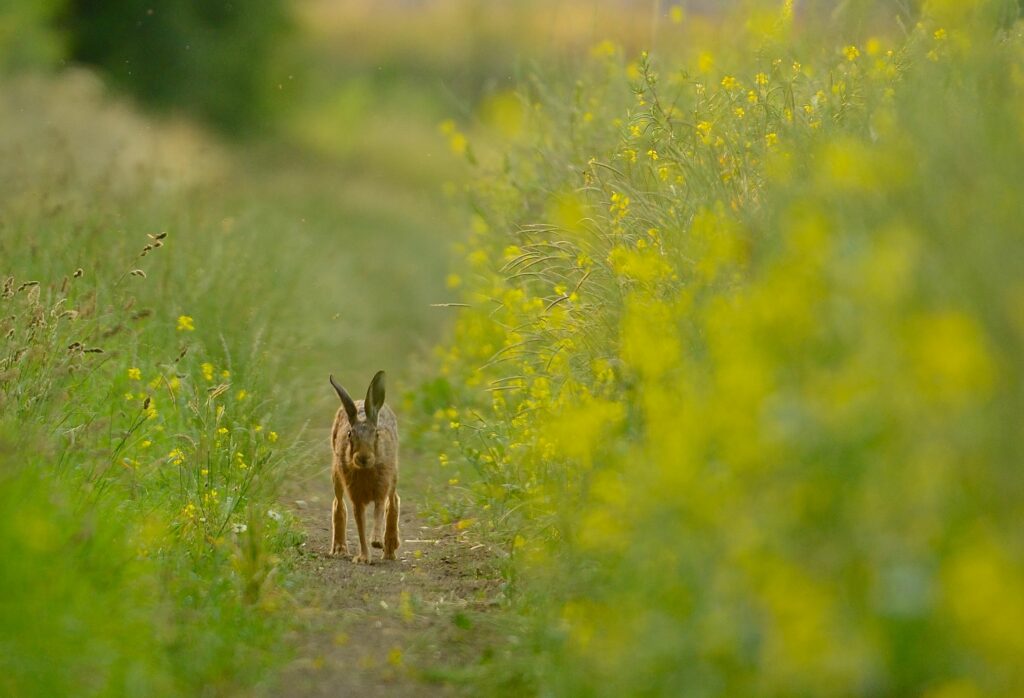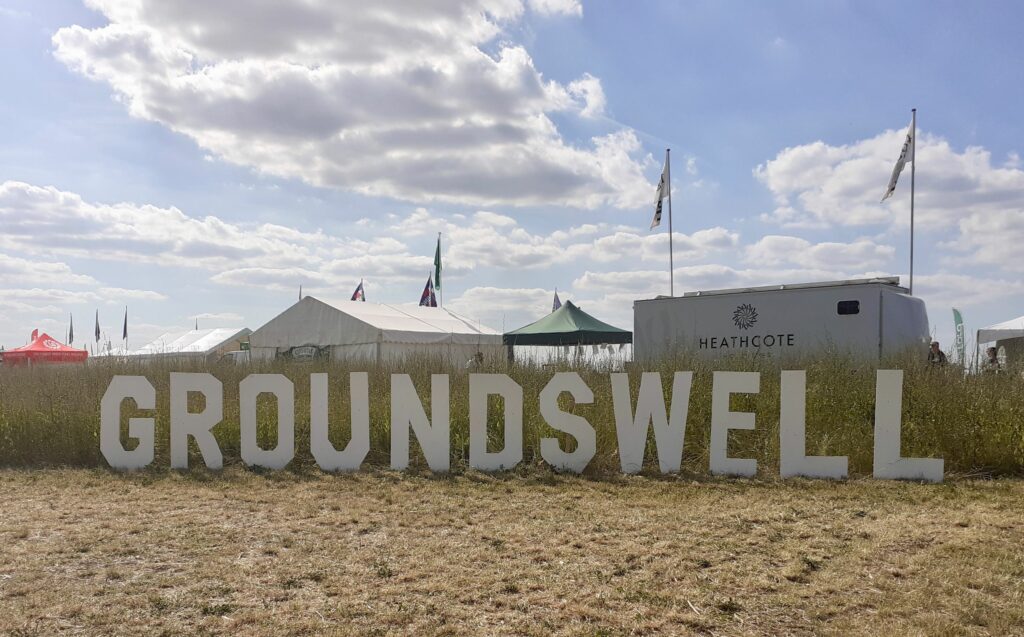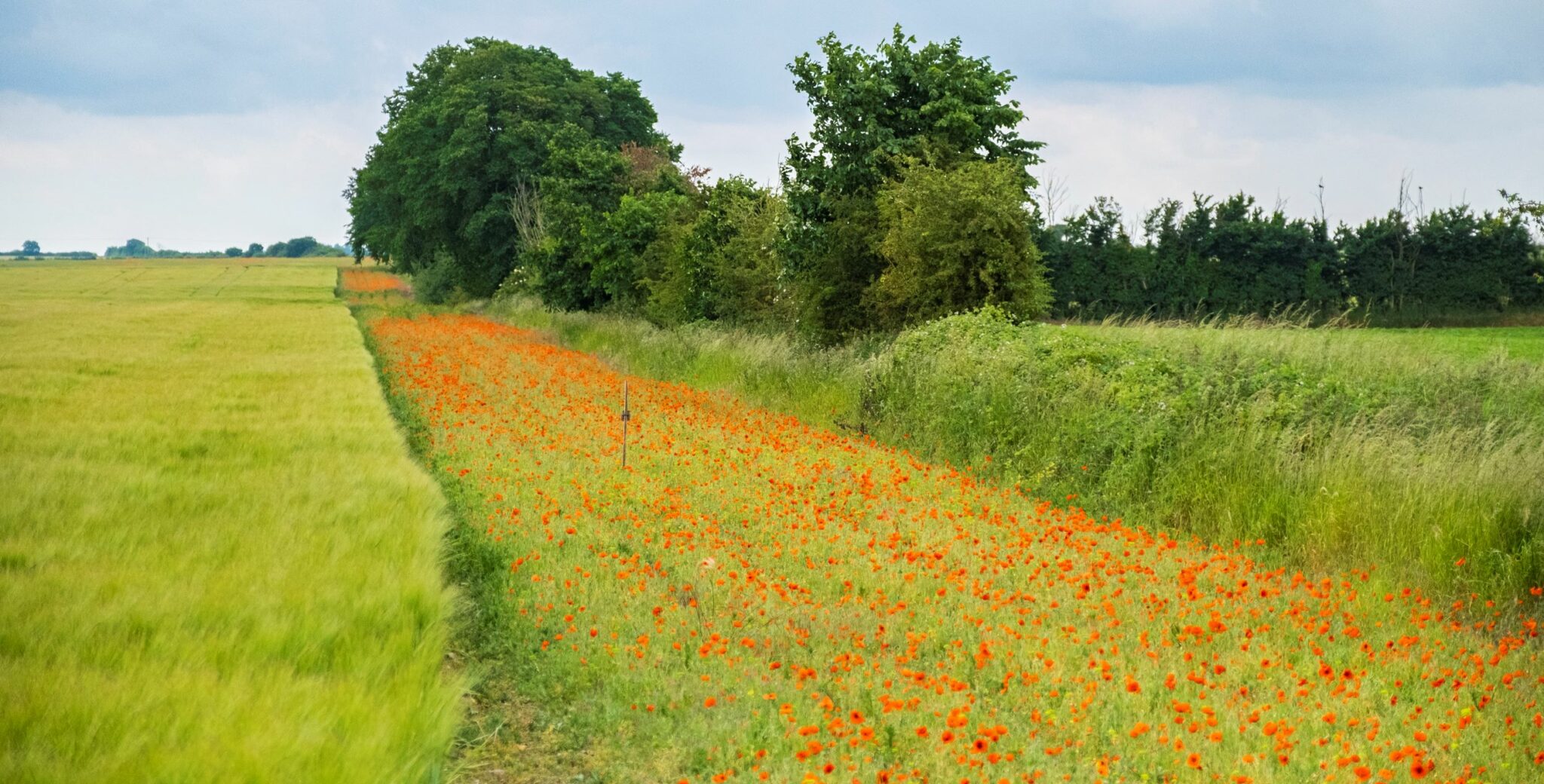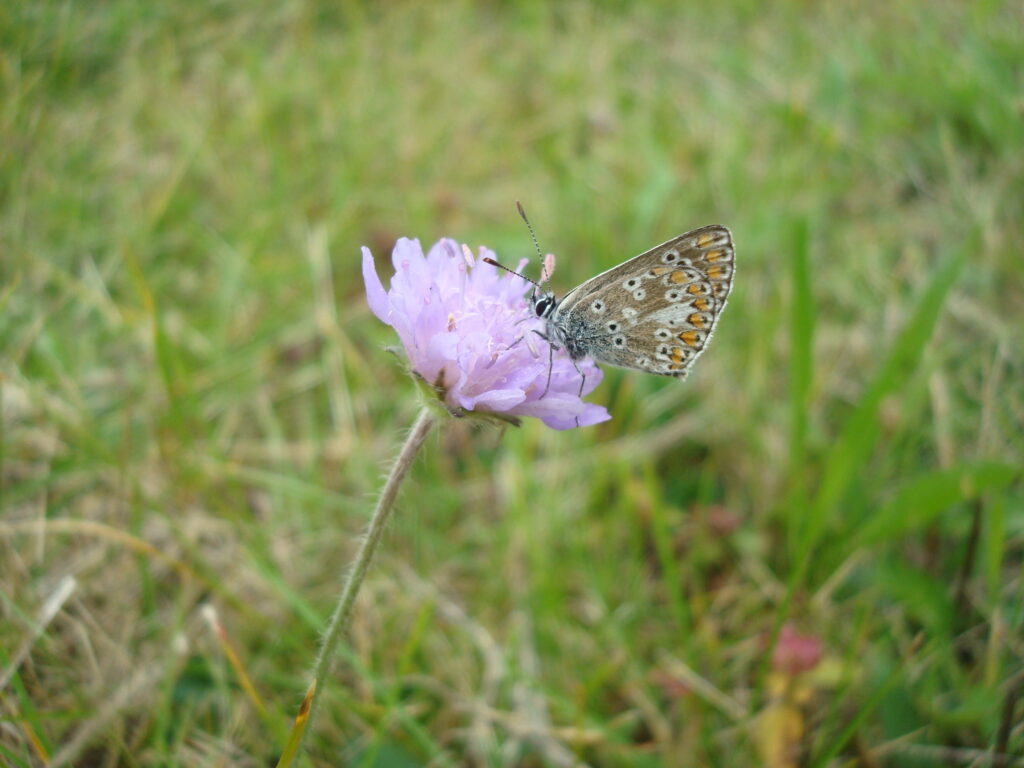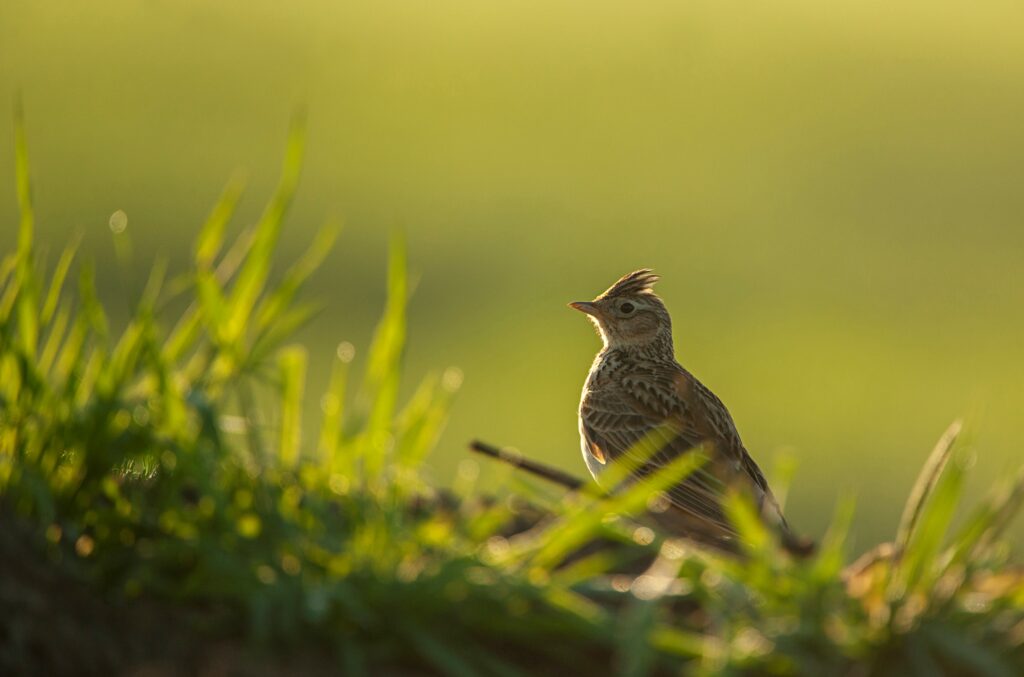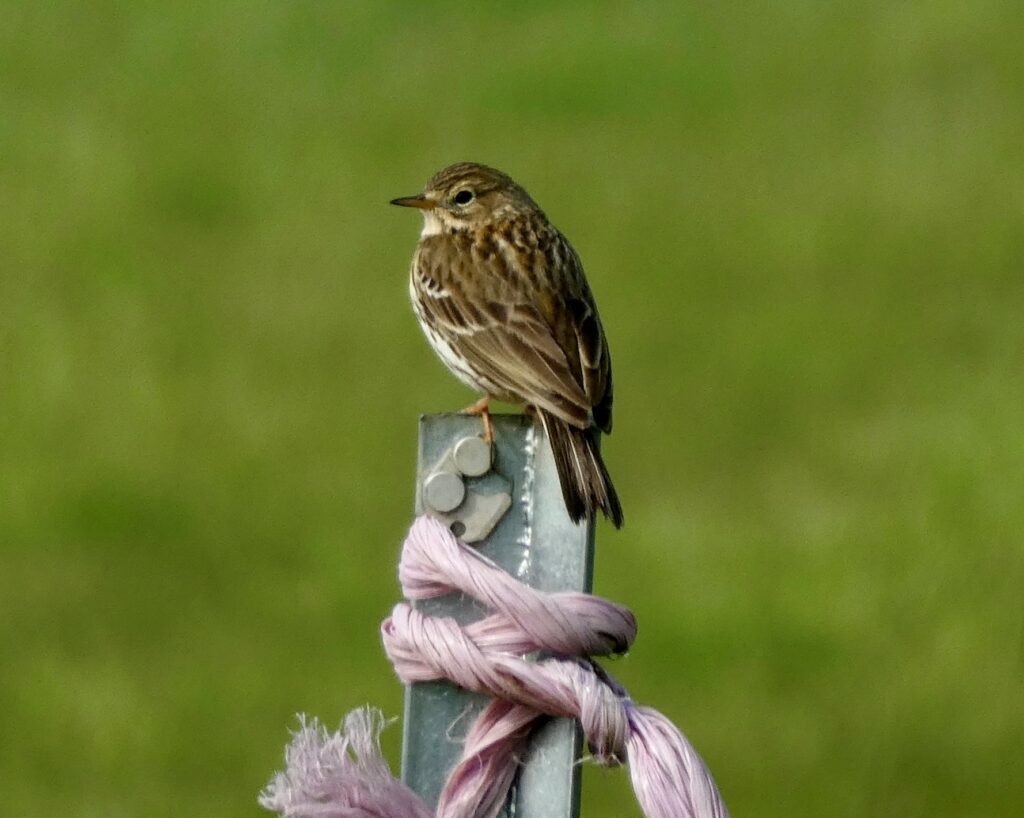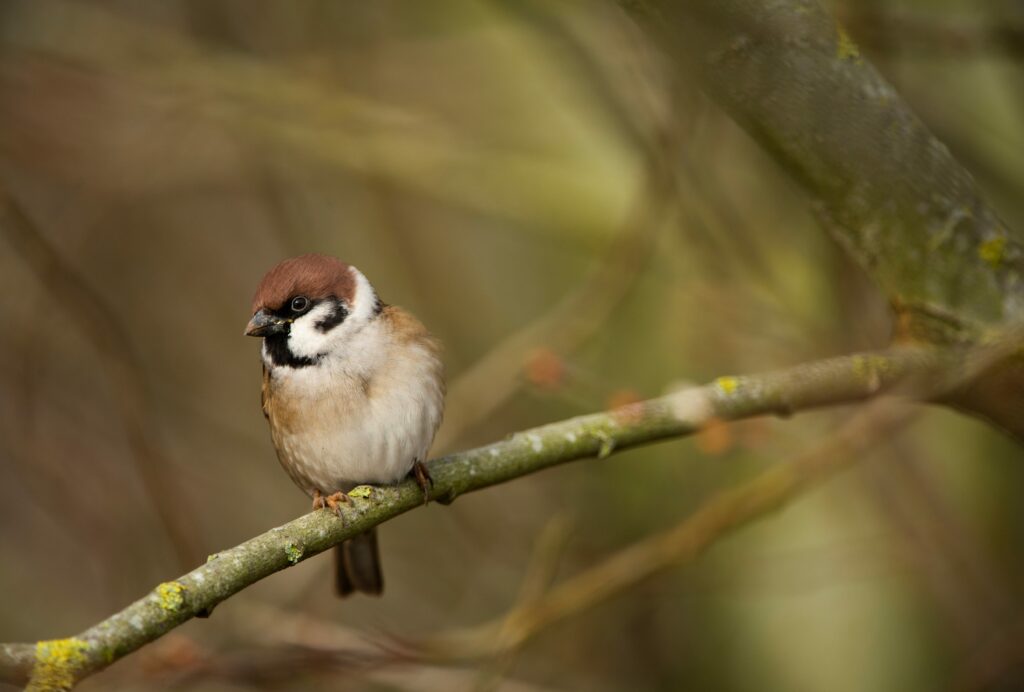Barn Owls, Church Owls, even Ghost Owls, are all names for this beautiful farmland bird
In 2024, our friends at Summerdown were lucky enough to fledge two barn owl chicks from the boxes in their farm buildings.
Around May every year, the nest boxes are checked by a licensed bird ringer with a pole camera to check the boxes. If they discover eggs, they return a few weeks later to ring the birds so they can be monitored. This doesn’t harm the birds.
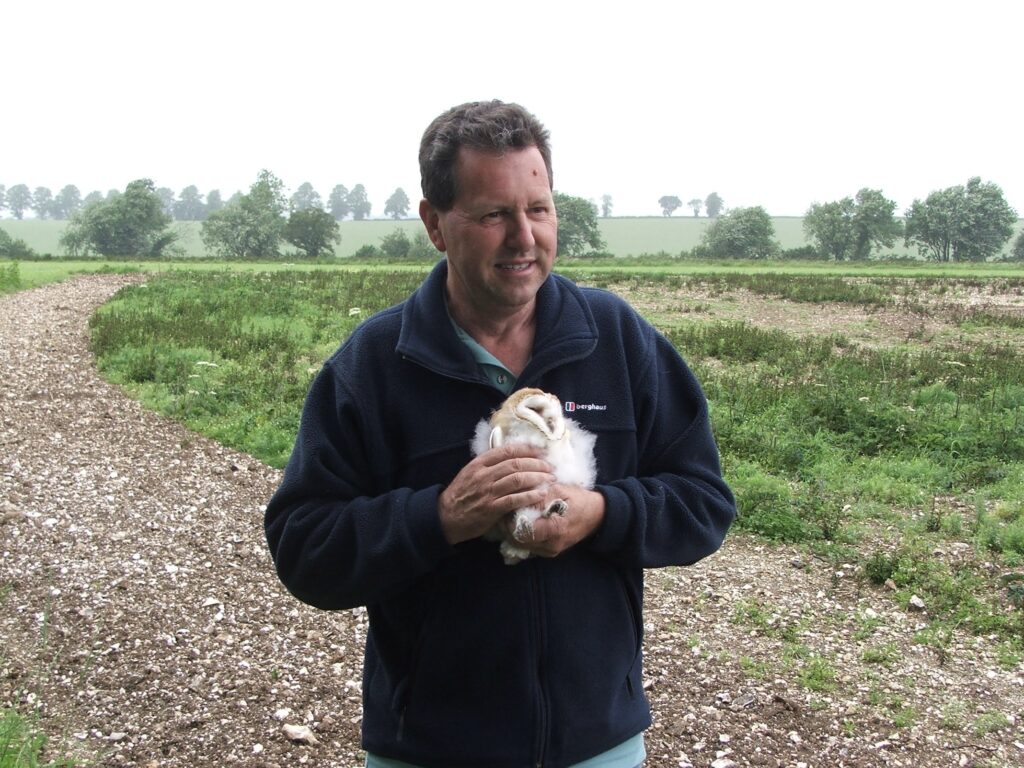
The Barn Owls at Summerdown feed on voles found in the field margins around their peppermint fields. These field margins have been carefully managed for many years to create thriving habitats for insects and worms that the voles like to eat, which then in turn attract the Barn Owls.
The marvellous peppermint is made into a fabulous range of herbal teas that are Fair to Nature certified.
The presence of Barn Owls at Summerdown is testament to all the hard work of the team to create habitats and space for nature on their farm.
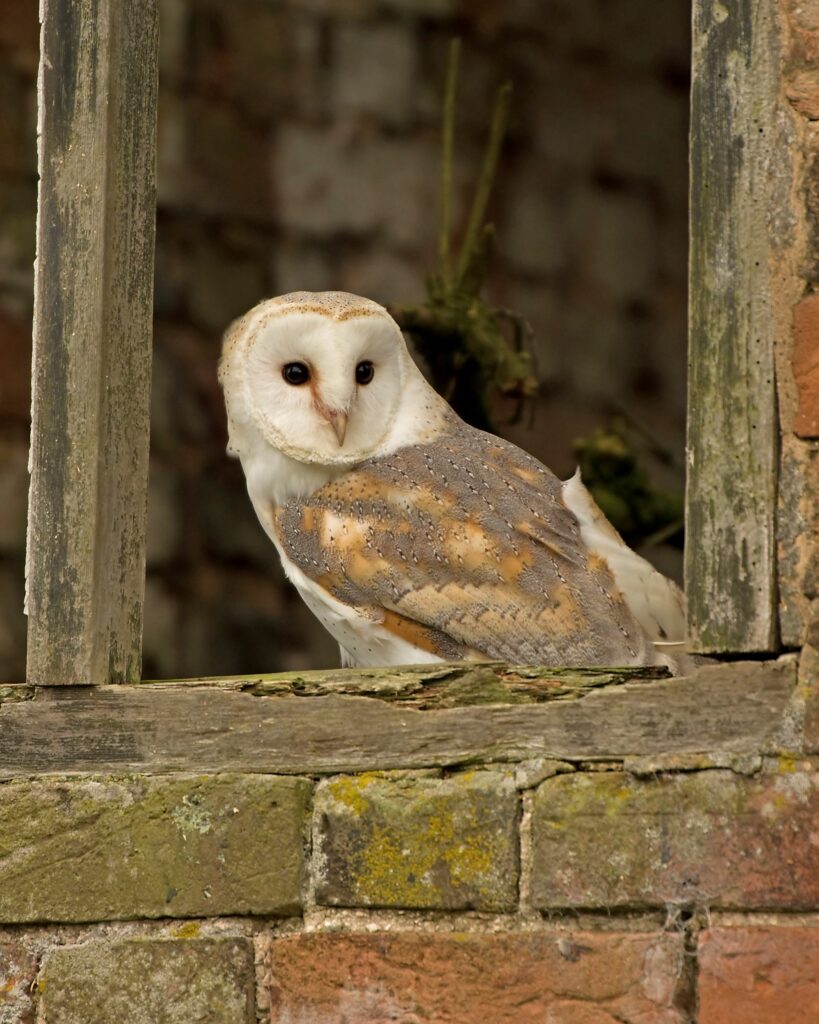
Where to see them: Look out for this graceful bird flying low and silently over fields and hedgerows at dawn and dusk.
Quick-fire facts:
Breeds: Nests in an enclosed space in a barn or nest box or hollows in trees.
Eats: Small mammals such as voles, mice and shrews. Barn owls depend on rough grassland for the prey they need.
Status: Green. Between 1995 and 2022 the UK population has increased by 208% after significant declines in earlier decades. (source: BTO)
Follow us on LinkedIn for more from our farm wildlife series #homeonthefarm
Tomorrow is grown from our actions today
Contact us today to find out how we can help achieve a great tomorrow
Register Interest
Sidebar form
or email us at fairtonature@rspb.org.uk

